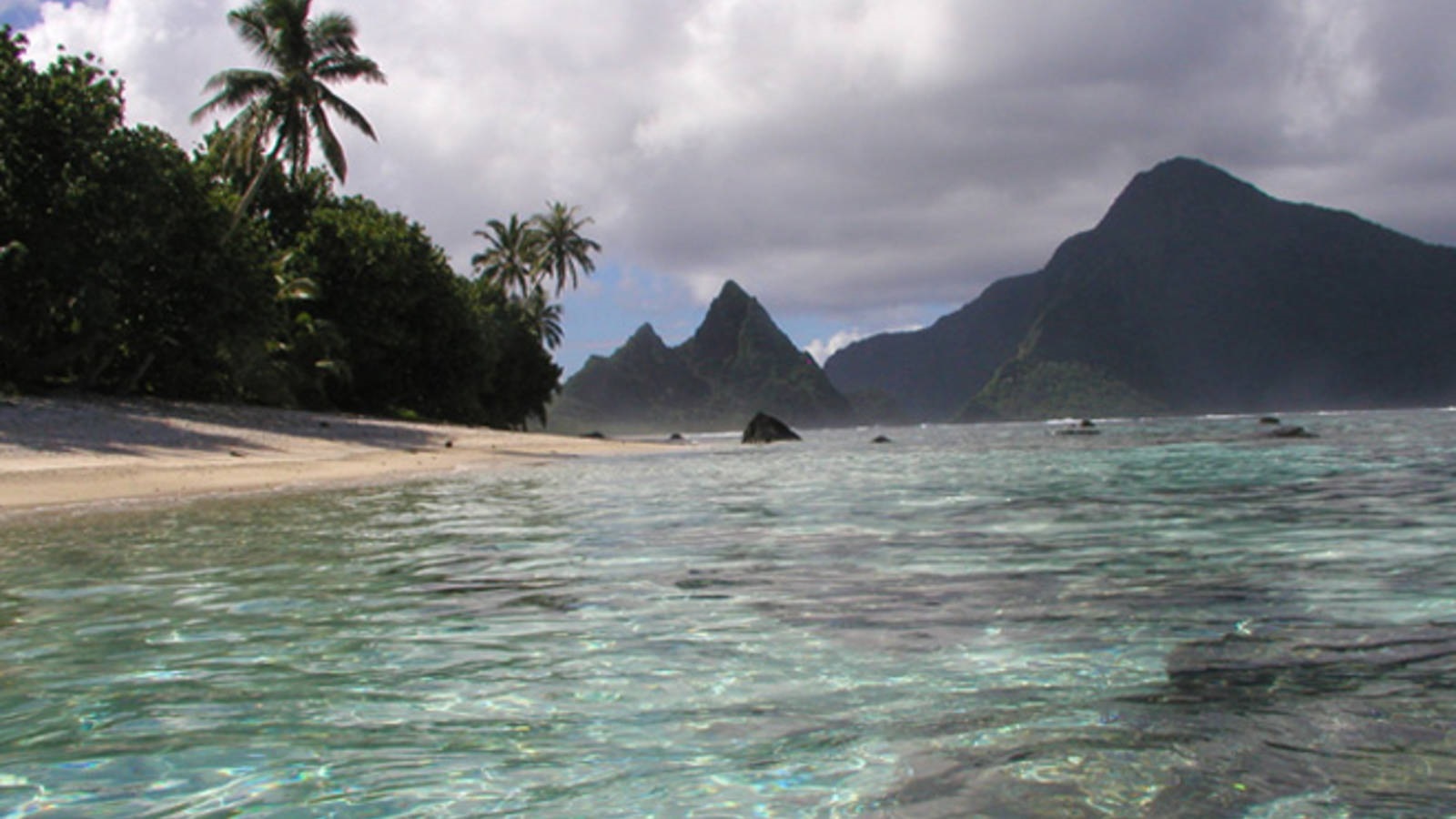The Ijaw National Congress (INC) Worldwide has stressed the need for promoting coastal resilience, policy and good governance in managing coastal resources in Nigeria.
Prof. Benjamin Okaba, Global President INC, said this on the occasion of the Ocean Rise and Coastal Resilience Summit, which was held at Nice, France on Saturday.
In a statement made available to the News Agency of Nigeria (NAN), Abuja on Sunday, Okaba in his presentation “Coastal Resilience Policy and Governance: Implications for Economic and Environmental Sustainability in Ijaw Land” said there’s need for a proactive approach to managing coastal resources.
He also stressed the need for protecting infrastructure and promoting sustainable livelihoods in coastal communities across Nigeria.
Okaba called on all stakeholders to join the INC in its effort towards a more resilient and sustainable future for Ijaw land.
According to him, coastal resilience, policy and governance are critical to the survival and prosperity of communities.
“We need to take a proactive approach to managing our coastal resources, protecting our infrastructure and promoting sustainable livelihoods,” he said.
The INC global president said the Ijaw as an indigenous nation living in the Niger Delta, are no strangers to the devastating impacts of climate change, environmental degradation, and oil pollution.
“Our people have borne the brunt of extractive exploitation, with our lands, waters, and ecosystems scarred by decades of neglect and abuse since 1956/1958, when oil and gas was first discovered in commercial quantities in Oloibiri in Ogbia Local Government Area of the present Bayelsa.”
He noted that the Ijaws occupy over 60 per cent of the entire Nigeria coastline, from the literal indigenous ljaw communities on Akwa lbom, Rivers, Delta, Ondo, and Lagos States.
He added that the ocean and its diverse marine and its aquatic resources define the ljaw identity of livelihood systems and heritage.
“Our communities are on the front lines of climate change, facing rising sea levels, storm surges, and environmental degradation.
“The impacts are far-reaching, from damage to infrastructure and livelihoods to threats to our very way of life. We have seen our mangrove forests, a vital component of our ecosystem, being destroyed, and our fisheries being depleted.
“Our people are struggling to cope with the loss of their livelihoods and the degradation of their environment. The Impact on our economy, climate change and environmental degradation on our economy is significant,” he said.
Okaba urged policymakers and stakeholders at national and international levels to prioritise coastal resilience, policy, and governance that supports the needs of Ijaw communities through the instrumentality of integrated coastal management.
He also called for the adaptation of climate change through supporting initiatives that would help the coastal communities adapt to the impacts of climate change.
According to him, there’s a need to invest in climate-resilient infrastructure, promote ecosystem-based adaptation, and support climate-resilient livelihoods.
Okaba also stressed the need for community engagement as well as leveraging on Indigenous knowledge and technology.
He added that coastal resilience must be built on justice, equity, and the recognition of the rights of the Ijaws as indigenous people.
He appealed for direct access to climate finance for sub-national entities and local communities, a UN convention for the conservation of River Deltas, recognising the specific needs and challenges of deltaic regions.
He also appealed for technological partnerships to support mangrove restoration in coastal areas, early warning systems, and integrated coastal zone management, among others.
The INC global president reiterated the commitment of the INC to building resilience, providing sustainable development and protecting the rights of the people.
“This position is in line with our persistent resolve on self determination and control of our God given water and land resources.
“We are committed to promoting the interests of our people and protecting our environment. We will continue to advocate for policies and practices that support our communities and ensure a sustainable future.
“We will work with policymakers, stakeholders, and our communities to develop and implement effective coastal management plans, support climate change adaptation initiatives, and promote sustainable livelihoods,” Okaba added. (NAN)





